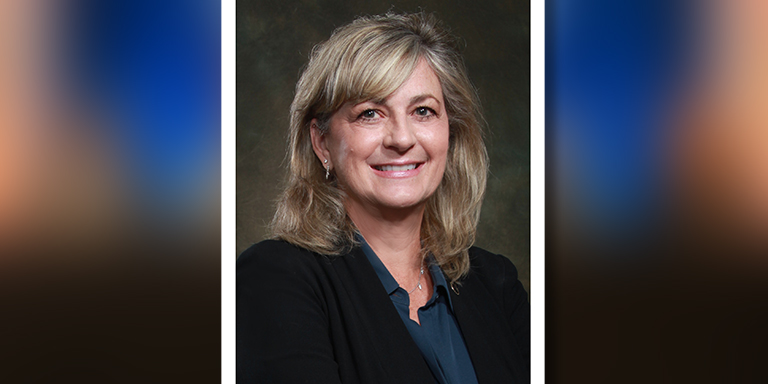SHARE: This past year was a busy year for NASBA, when we focused on revisiting the four E’s (education, examination, experience and ethics), the issues surrounding NOCLAR (non-compliance with laws and regulations), staff augmentation and peer review. Many Boards across the country have been dealing with various state deregulatory proposals that threaten the regulation of the accounting profession, which in response has led NASBA to be a founding member of ARPL (the Alliance for Responsible Professional Licensing). There is no shortage of ongoing issues facing the State Boards today. However, it became clear to me, early in my tenure as Vice Chair, that the disruptions caused by technology and the rapidly evolving methodologies in our profession, particularly in assurance, would be the center of my efforts as Chair. I am no stranger to taking on and working through controversial topics since I came of age in my journey with NASBA during the migration to the 150-hour education requirement, the computerization of the Exam, gaining interstate mobility, and serving as chair of the Uniform Accountancy Act Committee during some contentious times. There has been a lot of discussion, consternation and controversy around what we have come to call “CPA Evolution.” The five guiding principles were introduced to you in June 2019 at our Regional Meetings. I want to assure you that we listened to your feedback and we will continue to listen. We modified the fourth principle directly based upon your feedback. Some of you have asked me: “As regulators, why are we so involved in being the gatekeepers to the profession?” Others have asked: “Shouldn’t we just let it evolve naturally and let the market dictate the service providers?” You have also asked: “Why do we care if non-CPA’s perform attest services; as long as there is a CPA who can sign off on the report?” All great questions! My response is this: As regulators, our primary role is to protect the public. And to protect the public, we must address this risk of a lack of knowledge and diminishing role of CPAs. Also, there is a disconnect between the statute of protected service and the inability of some, if not most, CPAs to perform the service. Lastly, we must ensure we that have the technical ability to regulate this area of practice. As part of our public protection mandate, we need to help safeguard the pipeline of CPAs. There has to be an adequate supply of CPAs to meet the needs of the public. A strong profession leads to enhanced public protection. And, if CPA firms become primarily comprised of non-CPAs – especially those that perform assurance services – we are at risk of losing the protected service restriction and being replaced by other professional service providers. We would then lose the ability to exercise our regulatory duties. And finally, as regulators, we need to stay relevant. The market is already shifting. Universities across the nation have already incorporated big data, data analytics and information technology controls into their accounting curriculum. Firms – both large and small – are hiring students with technology backgrounds into their assurance departments. As noted by the guiding principles and the CPA Evolution concepts that we shared at the Annual Meeting, we will likely need to make changes to the education and examination requirements in order to stay relevant as a profession. My position is that the Uniform CPA Examination has to remain rigorous, and that the education requirement must also incorporate technology as it pertains to the CPA lines of business while encompassing the accounting, auditing, tax, ethics and general business knowledge that has held our profession in good stead for more than 100 years. My pledge to you is to stay open to all views, to listen to your input and be available for discussions, be transparent in order to maintain your trust, and to represent NASBA and the regulators as we navigate these changes. My ask of you is that you stay open to all views as we develop and manage these changes together, to be part of the process by communicating with questions and suggestions, and to be transparent. I know that working together, engaging in dialogue, and listening to each other, we will make great progress in our shared goal of keeping the CPA profession relevant, dynamic, of great value to the capital markets, and better protecting the public we serve. Just like we did with mobility, I am confident we will land in a better place. — Laurie J. Tish, CPA |

